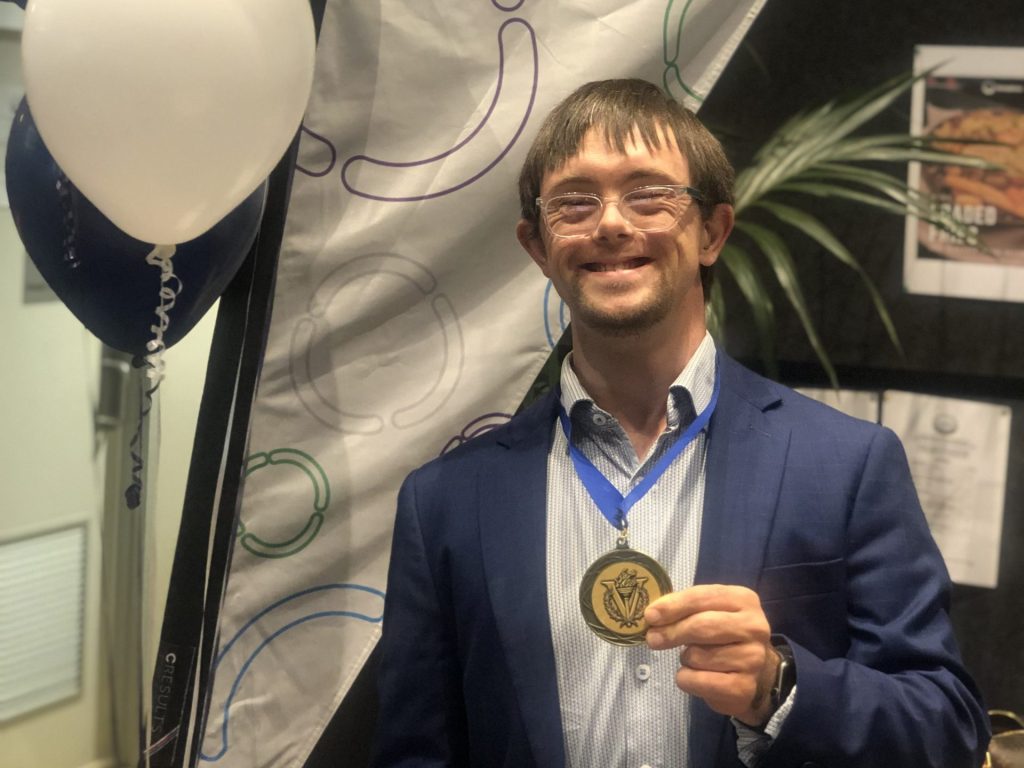WA Advocacy
DSWA Advocacy Service
Throughout a persons life journey their may be times where additional support is needed to clarify points of view or deal with injustices related to disability discrimination.
DSWA provides advocacy services to engage effectively with decision makers where a decision is having a negative impact on a person with Down syndrome and/or their family. Our advocacy also promote the interests of people with Down syndrome and their families through individual or group advocacy, public awareness and information.
Self Advocate
Down Syndrome WA has commenced its new Self Advocate program in 2024. A group of 9 adults with Down syndrome will come together as the first Down Syndrome WA advisory network – DSWAAN.
The most impactful voices are those of individuals with Down syndrome, or self-advocates. By sharing your story, you can ensure a brighter future for all individuals with Down syndrome.
The new self advocates are being enrolled in a leadership program, supporting them on their journey to advocate for themselves and others living with Down syndrome. The self advocates of all abilities and levels of experience from across WA have a passion for the Down syndrome community.
Through DSWA’s advocate training and range of engagement opportunities, we will support the DSWAAN to cultivate skills to speak to Government, policy makers and key decision makers to promote cultural and policy change.
Community Advocate
We encourage everyone with a connection to Down syndrome to become an advocate.
Being a community advocate means you are supporting people with Down syndrome and their families, changing the way our community perceives disability and in particular people with Down syndrome.
How you can be an advocate.
- Use first person language. Refer to the person as having, or living with Down syndrome. People with Down syndrome don’t “suffer” from it. And the are not referred to as that Down syndrome Person. Person first language refers to the person, before any reference to Down syndrome.
- Assume people can!
- Set the bar high, and allow people to reach for their goals.
- Provide opportunities for members to learn, grow, work
- Learn about and teach others about acceptance and inclusion.
- Feel free to respectfully ask questions – this is how we learn.

